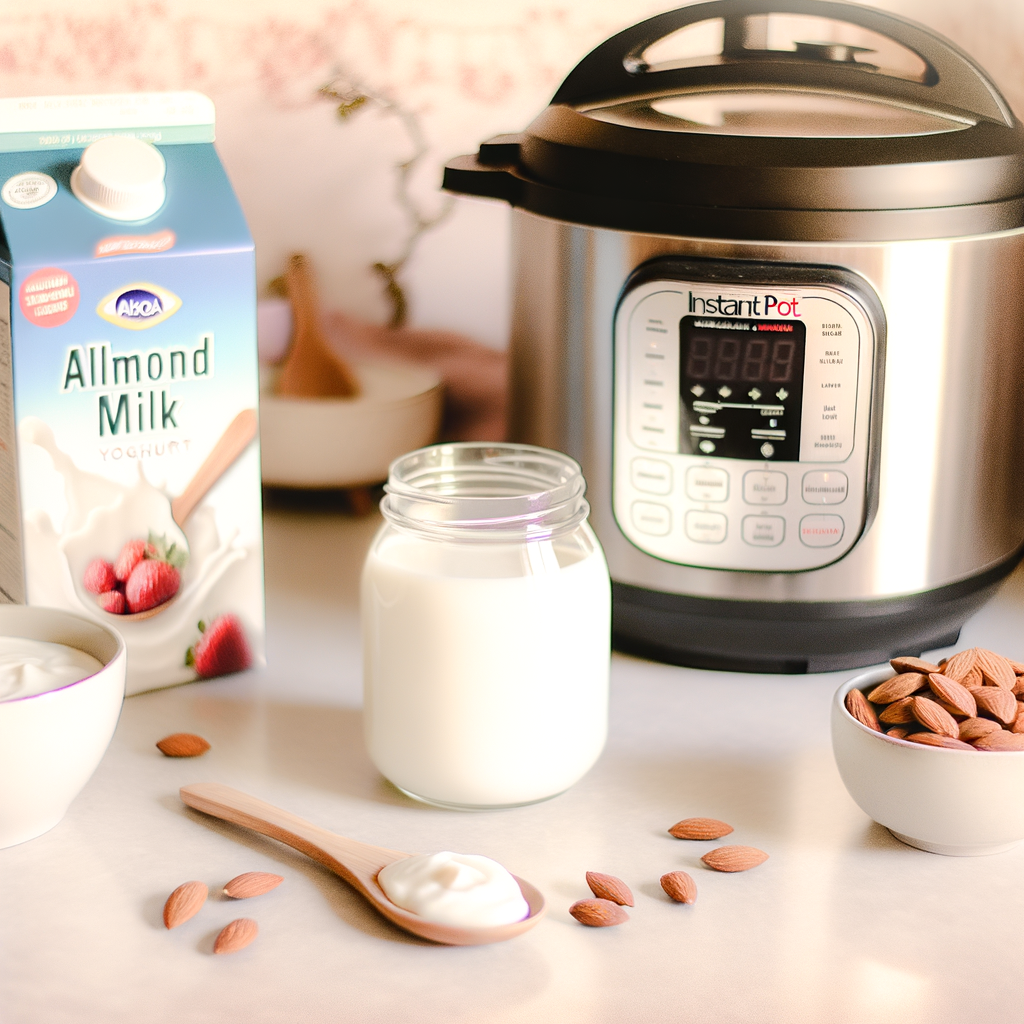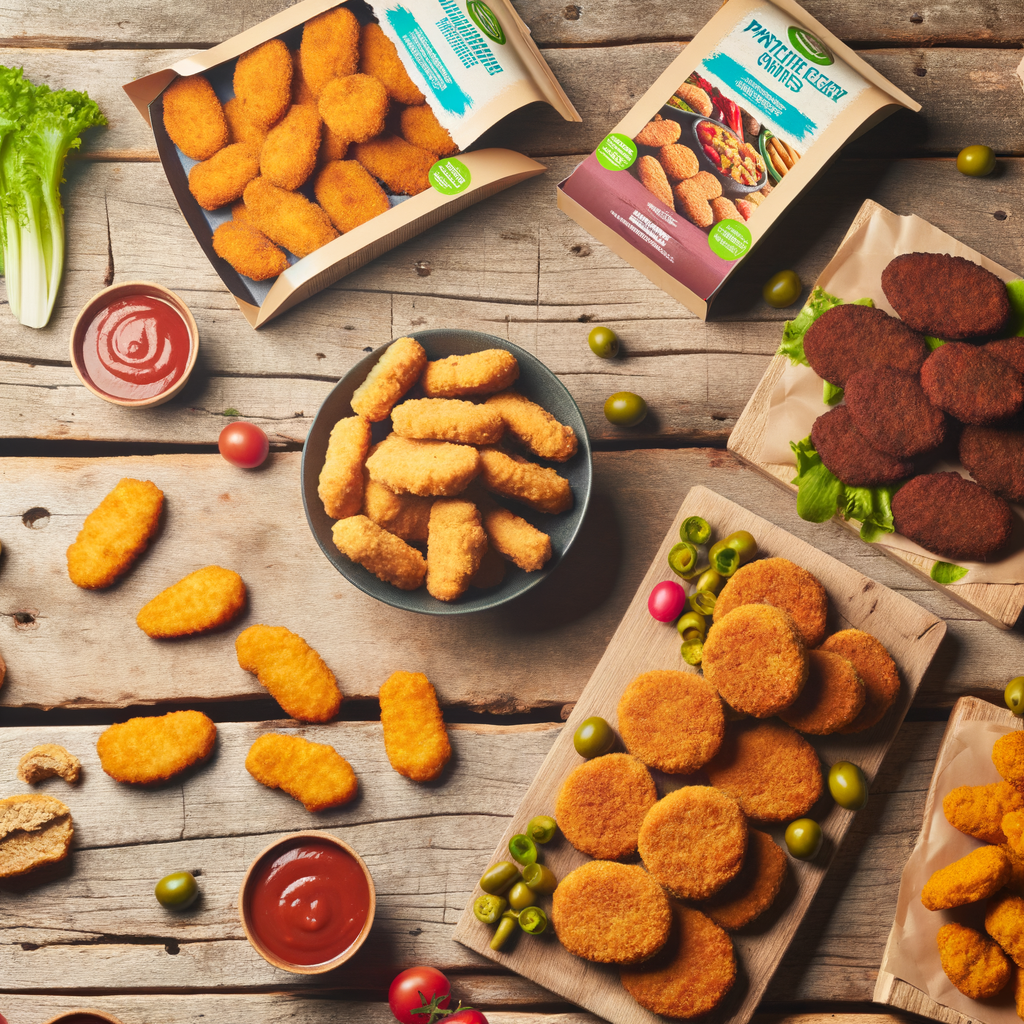Exploring High-Protein Sources for Vegetarians and Vegans
Adopting a vegetarian or vegan lifestyle doesn’t mean you have to compromise on your protein intake. Whether you’re looking to build muscle, lose weight, or simply maintain a balanced diet, there are numerous plant-based protein sources to meet your needs. Discovering these high-protein foods can help you craft nutritious, delicious, and diverse meals.
The Importance of Protein in a Plant-Based Diet
Protein is a vital macronutrient that plays a crucial role in various bodily functions. It’s essential for muscle growth, tissue repair, enzyme and hormone production, and overall health. While animal products are commonly known for their protein content, there’s a wide array of vegetarian and vegan options rich in this nutrient.
Top Plant-Based Protein Sources
1. Lentils
Lentils are tiny powerhouses, providing a significant amount of protein. They are incredibly versatile and can be used in soups, stews, salads, and curries.
- Protein content: Around 18 grams per cup (cooked)
- Other nutrients: Fiber, iron, potassium, folate
2. Chickpeas
Chickpeas, also known as garbanzo beans, are a staple in many vegetarian and vegan dishes. They can be roasted for a crunchy snack, mashed into hummus, or added to salads and stews.
- Protein content: Approximately 14.5 grams per cup (cooked)
- Other nutrients: Fiber, iron, phosphorus, folate
3. Quinoa
Quinoa is a complete protein, meaning it contains all nine essential amino acids. This grain-like seed is perfect for salads, bowls, and as a rice substitute.
- Protein content: About 8 grams per cup (cooked)
- Other nutrients: Magnesium, iron, fiber, manganese
4. Tofu
Made from soybeans, tofu is a versatile protein source that can be grilled, sautéed, or added to soups and stir-fries. It absorbs flavors well and can be an excellent meat substitute.
- Protein content: Roughly 10 grams per ½ cup
- Other nutrients: Calcium, iron, magnesium
5. Tempeh
Tempeh is another soybean product, fermented to enhance its nutritional profile. It’s denser than tofu and has a nutty flavor, making it great for marinating and grilling.
- Protein content: About 15 grams per ½ cup
- Other nutrients: Calcium, iron, manganese
6. Edamame
Edamame are young soybeans that can be enjoyed as a snack or added to various dishes. They are easy to prepare and pack a protein punch.
- Protein content: Approximately 18 grams per cup (cooked)
- Other nutrients: Fiber, vitamin K, folate
7. Black Beans
Black beans are a staple in many cuisines and can be used in a variety of dishes, from soups to burritos. They are nutrient-dense and affordable.
- Protein content: Around 15 grams per cup (cooked)
- Other nutrients: Fiber, iron, magnesium
8. Chia Seeds
Chia seeds are tiny but mighty when it comes to nutrition. They can be added to smoothies, puddings, and baked goods for an extra protein boost.
- Protein content: About 5 grams per 2 tablespoons
- Other nutrients: Omega-3 fatty acids, fiber, calcium
9. Hemp Seeds
Hemp seeds are packed with protein and essential fatty acids. They can be sprinkled on salads, yogurt, or blended into smoothies.
- Protein content: Around 10 grams per 3 tablespoons
- Other nutrients: Omega-3 and Omega-6 fatty acids, magnesium
10. Pumpkin Seeds
Pumpkin seeds, or pepitas, are a crunchy and nutritious snack option. They can also be added to granola, salads, and baked goods.
- Protein content: Approximately 7 grams per 1 ounce
- Other nutrients: Iron, magnesium, zinc
11. Spirulina
Spirulina is a blue-green algae that is often consumed in powdered form. It can be added to smoothies, juices, or energy bars.
- Protein content: About 8 grams per 2 tablespoons
- Other nutrients: B vitamins, copper, iron
12. Green Peas
Green peas are not only a great source of protein but also versatile in the kitchen. They can be served as a side dish or added to soups, salads, and pasta dishes.
- Protein content: Around 8 grams per cup (cooked)
- Other nutrients: Fiber, vitamins A, C, K
13. Almonds
Almonds are a delicious and nutrient-dense snack. They can be enjoyed raw, roasted, or as almond butter.
- Protein content: Approximately 6 grams per 1 ounce
- Other nutrients: Vitamin E, magnesium, healthy fats
14. Broccoli
Broccoli might not be the first vegetable that comes to mind for protein, but it offers a decent amount alongside other essential nutrients.
- Protein content: Around 4 grams per cup (cooked)
- Other nutrients: Fiber, vitamins C, K, potassium
Incorporating These Foods into Your Diet
Expanding your diet to include these protein-rich plant-based foods can be straightforward. Here are a few tips to make the most of these nutritious options:
Create Balanced Meals
Aim to include a variety of these protein sources in your meals. For example, you could combine quinoa, chickpeas, and broccoli for a nutrient-dense bowl.
Snack Smart
Choose high-protein snacks like almonds, pumpkin seeds, or edamame. These can be enjoyed on the go or as part of a balanced snack plate.
Experiment with Recipes
Try new recipes that incorporate these foods. From lentil soups to tofu stir-fries, the possibilities are endless. Don’t be afraid to experiment and find what works best for your taste and lifestyle.
Final Thoughts
Adopting a vegetarian or vegan diet doesn’t mean missing out on essential nutrients like protein. With a variety of options available, you can enjoy a diverse and balanced diet that supports your health and wellness goals. By integrating these high-protein plant-based foods into your eating plan, you’ll be well on your way to a nutritious and satisfying dietary routine.











